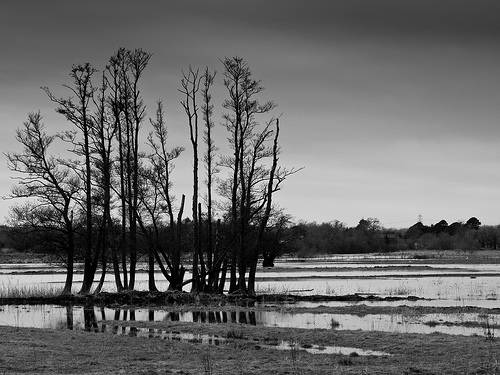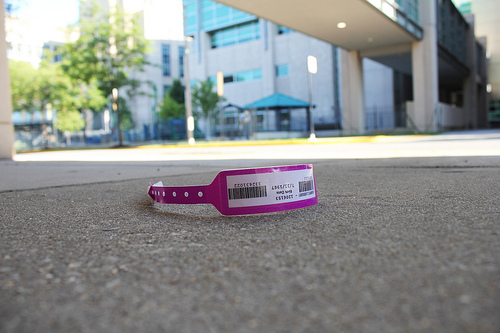the scbu legacy
/There is a boy on my lap, ten months old, and he's been gasping for breath all evening and the antibiotics that should be helping are making a red rash creep up his cheeks. It's getting harder to breathe now and I'm looking at him and I know what the doctor - kind, understanding - is going to say next.
"I think we need to admit him."
I'm all on my own with a million screaming voices in my head and I don't know how to help him - or me - and a tear splashes down on his face.
I'm always raining tears on my boys.
And then she says:
"He will be okay."
Beat. Follows Beat. Follows Beat.
I look up and I can feel the look that I give her.
"I've been told that before."
Flatly.
Don't tell me this will be okay. You know nothing. You people can't save my boys. I don't believe you.
***
There is a boy on his lap, ten days old, and he's arching and gasping and the room has stilled to a horror struck silence. He's been stable - doing better - but suddenly the world has dissolved and a hiccuping gulp for air has become a desperate grapple for life and he's suddenly all ours, our responsibility and I can see that he's dying and it's going to be unbearable, painful, the cruelest and worst possible ending.
The antibiotics that should be saving him are doing nothing and no one knows why.
I know what she's going to say next. Kind, understanding.
"I think it's time to make a decision. If you wait, there won't be a decision to make."
Beep. Follows Beep. Follows Beep.
Damn monitors. Damn wires. Damn tubes that came between us and didn't save him. I don't know what to do to help him. Or me.
And then I do.
I look up and I can feel the look that I give her.
"Do it. One last chance. Only one. Give him till tomorrow to try to live."
Don't tell me this will be okay. I've been telling you for ten days that this won't be okay. And you can't save him. You don't know why, but you can't save him.
And I'm all alone, all night, with a boy who said no to his one last chance and who chose to give up on breathing and chose to reject the help that all the medics who wanted to save him offered and who left me, with a million voices screaming in my head, with the knowledge that I let him go because that was all the mothering I could give him. That was all the kindness I could offer. That was for the best, for him, for all of us.
***
We don't talk about the SCBU days. We don't talk about how the rhythmic beep of a monitor still sends us into silent meltdown. We don't talk about how each illness, erroneous blood test, each new health problem for our girls and rainbow boy forces us to silently confront the reality that our child died and when we needed them, the doctors couldn't save him. Didn't know. Can do so many brilliant things but couldn't save a little boy who lacked the fight to live. We don't talk about how one doctor said he would do well, that 24 hours later we crashed as another spelt out what 'do well' might mean for a boy who didn't want to suck. We don't talk about the peak as he opened his eyes and began to respond or the pit of despair that hauled us down as something inexplicable tore him away from us again. When our subsequent child is - repeatedly - admitted to hospital with breathing problems (and lives, I grant you) I go alone to care for him. Alone beats the companionship in terror of the SCBU parent bedside journey.
Just waiting for the balloon to go up. Just waiting for the hammer to fall.
Three years on, we do not let ourselves look at Freddie's 11 days and acknowledge how easily it could all happen again. And that means we do not look at his life at all.
***
They couldn't save him. They didn't know. And so how can we ever believe in "it will be okay" ever again?
How has the loss of your child changed your feelings to illness since? How has it altered your parenting to subsequent or other children? Are you stronger or weaker in crisis since? Do you see death lurking around every corner or do you thumb your nose at it? And if you experienced a SCBU (NICU) journey, what is it's legacy in your life since?





